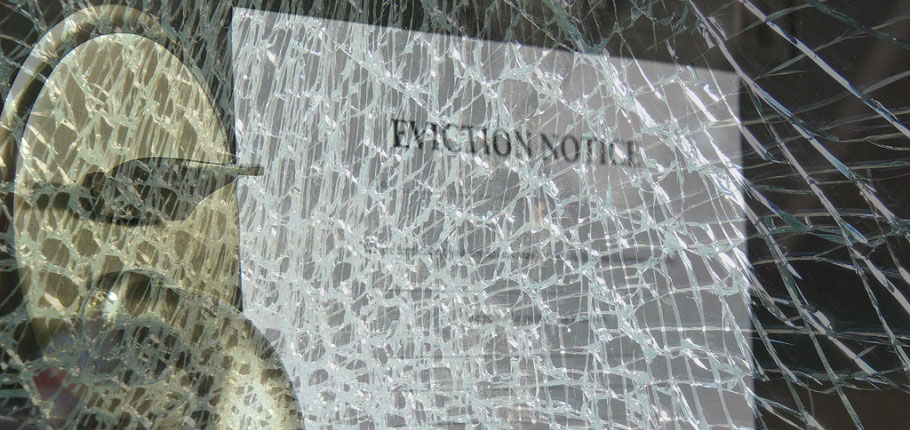Half a million baby boomers hit by unaffordable rents and lack of suitable housing, as housing benefit bill for pensioners set to double.
New research published today by the National Housing Federation – which represents housing associations, social landlords to more than 5 million people – reveals the staggering numbers of ‘hidden’ baby boomers that have been hit by the housing crisis.
The findings show that in the last year more than two fifths (44%) of private renters in England aged 50 and over (almost 500,000 people) were forced to make potentially drastic decisions to cover the cost of their rent, including borrowing money from their own children, taking out loans and cutting down on food and heating. A quarter (25%) of those aged 50 plus (around 52,000 people) who moved house in the last three years have been forced to do so against their will. Many more are stuck in unsuitable housing, leaving people unable to wash, go to the toilet or leave their homes independently.

Baby boomers are often considered to have been exempt from the effects of the housing crisis as the majority of them own homes outright. However, a record 1.13 million people aged 50 and over are renting from private landlords today and many are struggling with the rising costs and inappropriate conditions. Ten years ago 651,000 people aged 50 and over lived in privately rented housing.
As social housing stock in England has decreased, along with government funding for it, many over 50s have been forced to turn to renting privately. The private rented sector has dramatically rising rents, the most insecure contracts and the most difficult to adapt homes.
The research, which includes a YouGov poll of 3,935 people in England aged 50 and over, shows that in order to pay their rent in the last 12 months:
- More than one in ten (12%) private renters (around 130,000 people) have borrowed money from family and friends
- Around 40,000 people (3%) have borrowed money from their own children.
- At least 194,000 (17%) private renters have had to cut down on food and heating.
- At least 113,000 (10%) have had to take out a loan, use their overdraft, or use a credit card.
In addition, baby boomers living in all tenures, including the private rented sector, often find themselves in unsuitable housing. Of people who need vital changes to be made to their homes, such as adding handrails, stair lifts, ramps or wider doorways for wheelchairs:
- around two fifths (42%) have fallen over in their own home
- around one in six (17%) cannot wash themselves independently
- 4% cannot go to the toilet independently
- two fifths (43%) leave their home less often then they want to.
- Almost three fifths (59%) of these have needed changes for over a year.
On average, private rents across England grew by 21% between 2011 and 2017 and a third of older private renters are living below the poverty line after they’ve paid their rent. As nearly three quarters of older renters have a disability or chronic illness they are particularly impacted by the insecure contracts and unsuitable conditions.
This rising number of older people in the private rented sector could more than double the housing benefit bill for pensioners by 2060 from £6bn today to £16bn, whilst failure to fit adaptations costs the NHS around £414m annually.
David Orr, Chief Executive of the National Housing Federation said “We often hear that young people bear the brunt of the housing crisis but today’s report reveals a shocking number of hidden baby boomers who are struggling just as much, if not more. There is a huge amount of inequality amongst this age group and unfortunately the wealthier majority have hidden the reality of hundreds of thousands of people who have never been able to afford a house, and are now being failed by the broken housing market.
“Today's research shows this is having a truly shattering impact on older people’s lives. It is also costing the Government huge amounts of money in housing benefit and on the NHS. These figures are only going to grow. This must be a wake-up call to the Government that more money for building social housing, and especially housing that is fit for retirement, is not only desperately needed but makes financial sense.”
The National Housing Federation is calling on the Government to:
- urgently put more money in to directly building social housing
- ensure there is long term funding for supported and sheltered housing for people who need extra support in their home
- ensure there are longer and more secure tenancies for people in the private rented sector.
Case study
Retired RAF employees Thomas, 85, and Irene Bonner, 84, from London lived in a privately rented flat for 24 years in north London. They now live in accessible housing run by Harrow Churches Housing Association. In June 2015 Thomas suffered an injury, he says:
“After the accident I was paralysed from the waist down and could only move with the help of a wheelchair. When I was told I was ready to leave hospital I couldn’t, because I had nowhere to go. It was impossible to move back in to my old home as the wheelchair wouldn’t even fit through the front door. I was stuck in hospital for 4 more months which was miserable. Then our landlord suddenly ended our contract. I had to move to a care home but they wouldn’t let Irene stay with me. After 14 months of being apart we were finally offered a wheelchair accessible flat. When I first saw it I thought it was heaven! I could get into it easily and it had a fantastic accessible shower and was easy to move around. I’ve finally got my life back. It’s not fair that we had to go through this simply because there aren’t enough houses.”
- Log in to post comments














